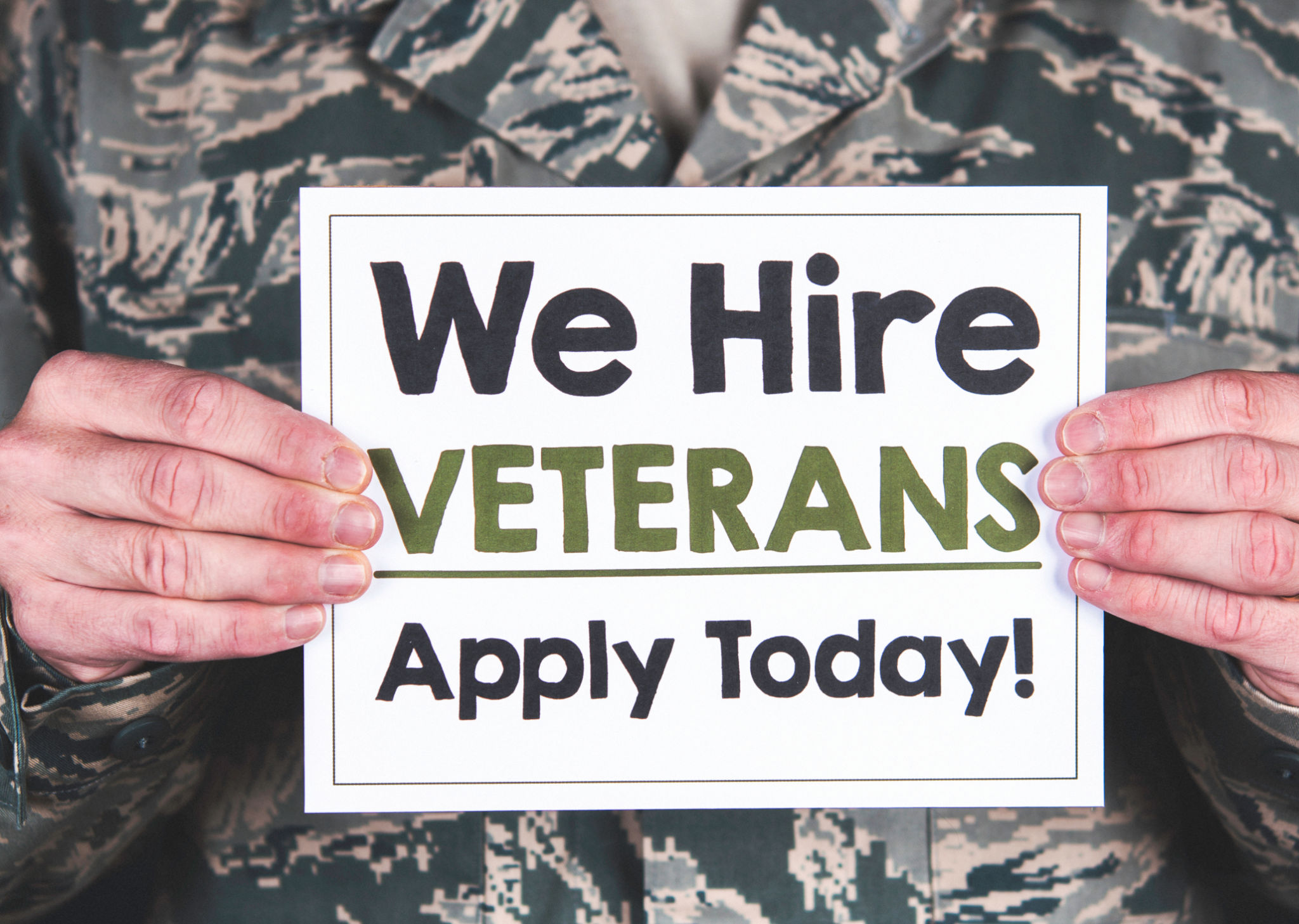Understanding the Benefits of Community Outreach Programs for Displaced Veterans
Understanding the Benefits of Community Outreach Programs for Displaced Veterans
Community outreach programs play a crucial role in bridging the gap between displaced veterans and the resources they need to reintegrate into civilian life. As veterans transition from military service, they often face unique challenges that require targeted assistance. These programs offer essential support, enabling veterans to regain stability and thrive in their communities.

Providing Essential Resources and Support
One of the primary benefits of community outreach programs is the provision of essential resources to displaced veterans. These programs often offer access to housing, healthcare, and employment opportunities. By addressing these fundamental needs, veterans can focus on rebuilding their lives without the constant stress of basic survival.
Moreover, many outreach initiatives provide veterans with access to mental health services. Transitioning from military life can be mentally taxing, and having a support system in place can make a significant difference. Counseling services and support groups help veterans process their experiences and find a path forward.
Building a Sense of Belonging
Community outreach programs also foster a sense of belonging among displaced veterans. Many veterans struggle with isolation upon returning to civilian life, but these initiatives create opportunities for social interaction and community involvement. Engaging with peers who understand their experiences can be incredibly therapeutic for veterans.

By participating in community events, workshops, and volunteer opportunities, veterans can build connections and develop a robust support network. These relationships are invaluable for emotional well-being and can lead to personal growth and fulfillment.
Enhancing Employment Opportunities
Employment is another critical area where outreach programs make a significant impact. Many programs offer job training, resume workshops, and interview preparation tailored specifically to veterans. These resources help veterans translate their military skills into civilian job markets, increasing their employability.
- Job fairs specifically for veterans
- Mentorship from industry professionals
- Partnerships with local businesses for veteran hiring

Encouraging Civic Engagement
Community outreach programs often encourage displaced veterans to engage in civic activities. By participating in local governance or volunteering for community projects, veterans can use their leadership skills to effect positive change. This involvement not only benefits the community but also helps veterans regain a sense of purpose and contribution.
Involvement in civic activities can also lead to advocacy opportunities where veterans can share their experiences and influence policy changes that benefit other veterans. This empowerment is crucial for fostering a sense of agency and self-worth.
The Broader Impact on Communities
The impact of community outreach programs extends beyond individual veterans to benefit the broader community. By supporting displaced veterans, these programs contribute to reducing homelessness and unemployment rates. Additionally, they promote diversity and inclusion by integrating veterans into various aspects of community life.
Communities become stronger when they actively support their veterans, fostering an environment of mutual respect and collaboration. This symbiotic relationship enriches both the lives of veterans and the communities that embrace them.

In conclusion, community outreach programs are vital for helping displaced veterans transition successfully into civilian life. By providing essential resources, fostering connections, and encouraging civic participation, these programs create a supportive environment that empowers veterans to thrive. As more communities recognize the importance of these initiatives, the positive ripple effects will continue to spread, benefiting both veterans and society as a whole.
